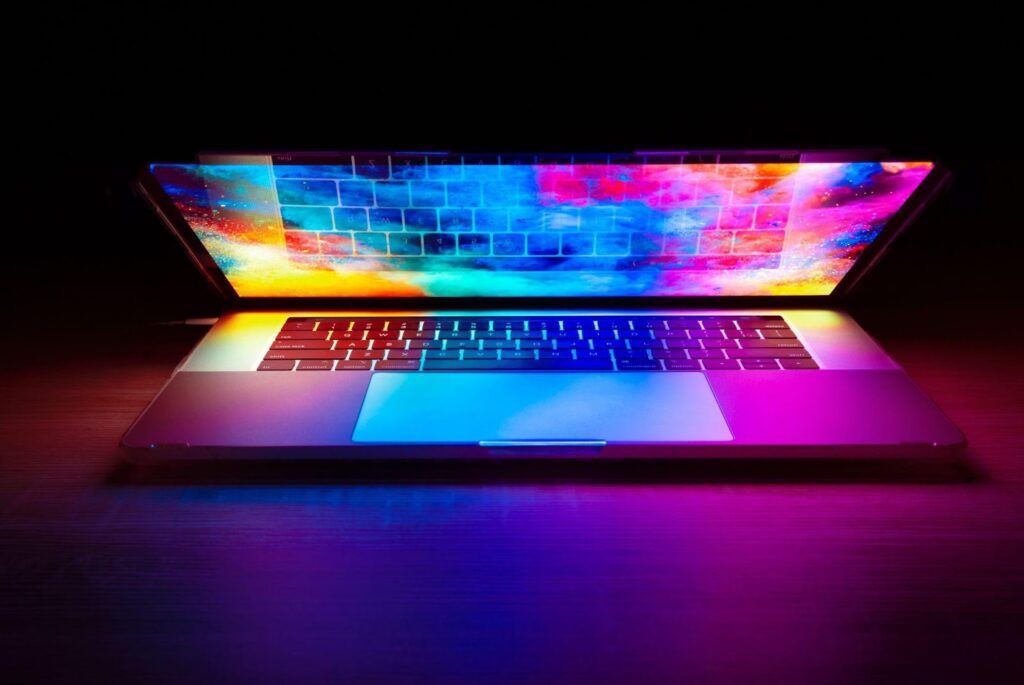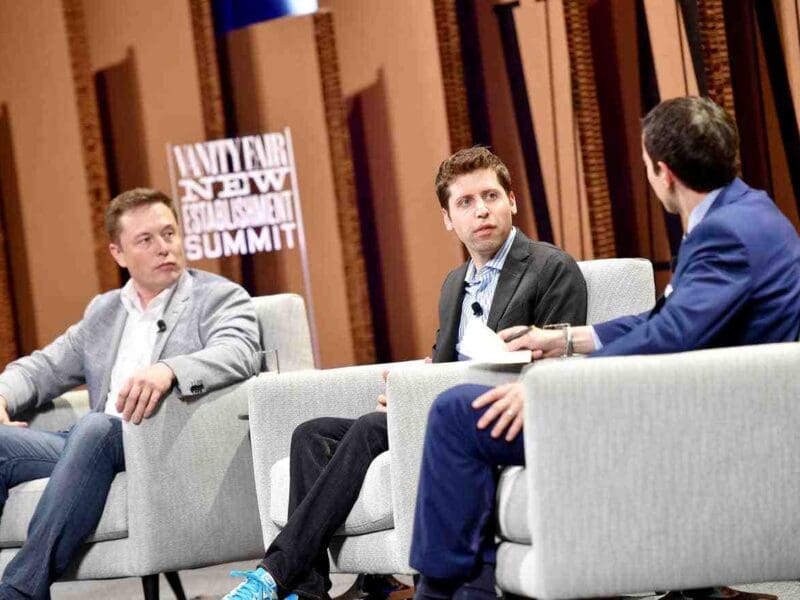
OpenAI’s rising stock: Is it worth the risk? Inside the numbers
In the ever-evolving world of technology, artificial intelligence (AI) has become a buzzword synonymous with cutting-edge innovation. But what’s the latest scoop in this high-tech saga?
OpenAI, a leading name in the AI industry, has recently announced significant updates to its large language models, GPT-4 and GPT-3.5. These improvements are not just about smarter AI; they’re also about making AI more accessible and legally safer for users. Let’s dive into what this means for the tech world, OpenAI’s stock, and beyond.

GPT-4 Turbo: Smarter, Cheaper, More Efficient
One of the most exciting announcements from OpenAI is the introduction of GPT-4 Turbo. This new model boasts an impressive 128K context window, allowing it to process and understand over 300 pages of text in a single prompt. Imagine having a conversation with a machine that can remember and reference a library’s worth of information in real-time. That’s the kind of leap we’re talking about!
But it’s not just about being smarter. GPT-4 Turbo is also more wallet-friendly for developers. The cost of running this model is significantly lower than its predecessors, making it three times cheaper. This move could democratize access to advanced AI, allowing more innovators and creators to experiment and build with this technology.
The new GPT-4 doesn’t just stop at text. It continues to accept image prompts and integrates with DALL-E 3, a feature that allows for more creative and diverse AI applications. Imagine an AI that can not only write a compelling story but also illustrate it. The possibilities for creators are endless.

GPT-3.5 Turbo: Not Left Behind
In the shadow of its bigger sibling, GPT-3.5 Turbo also receives significant upgrades. With a 16K context window and improved functionality, it remains a viable option for many developers, especially with its even lower cost structure. It’s clear that OpenAI is committed to keeping its entire suite of tools relevant and accessible.
In a move mirroring tech giants like Google and Microsoft, OpenAI has introduced Copyright Shield for its enterprise users. This legal safety net is a game-changer, offering protection against copyright lawsuits. It’s a significant step towards alleviating one of the major concerns businesses have when integrating AI into their operations.

The Return of Sam Altman
In a dramatic turn of events, Sam Altman, the former CEO of OpenAI, is back at the helm. His return follows a brief and tumultuous period marked by an employee revolt and boardroom negotiations. Altman’s vision for a rapidly advancing AI landscape seems to have prevailed, and with a new board chaired by Bret Taylor and including notable figures like Larry Summers, OpenAI’s stock and the company itself seems poised for a focused and ambitious future.
The story behind Altman’s departure and return reads like a Silicon Valley thriller. Tensions over the direction of AI development, concerns about AI safety versus expansion, and disagreements within the board led to a surprising ouster.
However, the near-unanimous employee support for Altman and the subsequent restructuring of the board paint a picture of a company passionately committed to its vision, albeit with internal conflicts.

Looking Ahead: AI’s Potential and Perils
As we marvel at the advancements in AI, it’s crucial to consider the broader implications. OpenAI’s journey reflects the tension between rapid technological advancement and the need for responsible, ethical development. The company’s ambitious goal to create AI that benefits all of humanity is a lofty one, and its recent turmoil underscores the challenges in balancing commercial success with societal impact.
With Altman back in charge and a new board in place, OpenAI seems to be on a path of aggressive development and expansion and a higher stock price. The integration of AI into more aspects of our digital lives seems inevitable. But as we stand on this frontier, one question lingers: Are we ready for the world that AI is shaping, and more importantly, is AI ready for us?







